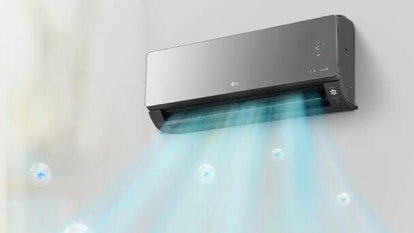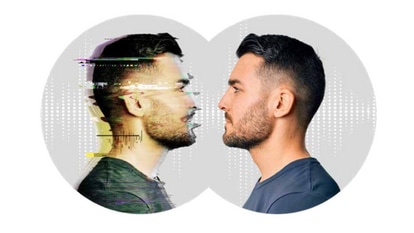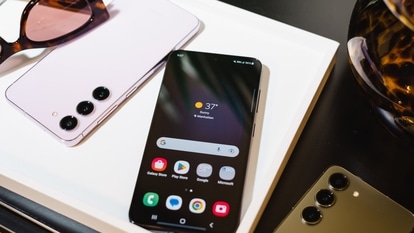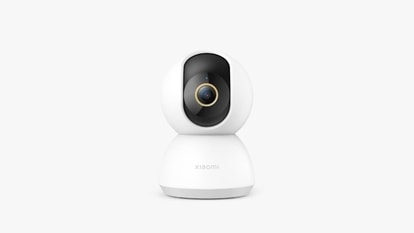Turning air into a tactile touch screen
Disney technology can create three-dimensional, textured objects literally out of thin air.

Disney technology can create three-dimensional, textured objects literally out of thin air.
With a spate of devices and systems lining up for launch over the next year -- everything from the Leap Motion Controller to a reworked Kinect for Windows -- there is little doubt that gesture is going to be a key form of computer command and control.
However, while being able to do everything from turning up the music to flicking through the pages of a newspaper by waving hands or just individual fingers in the air is indeed impressive, how do users know when the wave or gesture has been sufficient? Air doesn't offer any friction or resistance.
Well, entertainment giant Disney whose empire includes cinema, television, video games and amusement parks, has found a way of giving air the same type of haptic feedback we associate with vibrating touch screens.
Called AIREAL, as the video shows, it is a system that turns the air into tactile objects. It does this by tracking a person's gestures and firing a vortex of air in his or her direction. When the vortex makes contact with a person, its outer ring of air breaks releasing a force -- like a concentrated, focused gust of wind -- contained at the eye of the storm.
'What makes this particularly exciting is that we can create these effects literally out of free air, without the need for people to wear special gloves or vests, hold haptic devices or sit in instrumented chairs,' said Ivan Poupyrev, senior research scientist at Disney Research, Pittsburgh. 'The technology for creating these effects is scalable and relatively inexpensive, so we can envision using AIREAL to create magical experiences both for large groups of people and for an individual in her living room.'
This scalability also means that a system could be built into something as small as an individual smartphone or tablet as easily as an individual home. And while use in conjunction with gesture interface computers is a clear short-term use for the technology, Rajinder Sodhi, the project's lead researchern has much bigger ideas. 'One of our long-term visions is to create complete 3D shapes in the air,' Sodhi said. 'Imagine holding out your hand and feeling someone's face. This will start truly eroding the boundary between real and virtual.'
Catch all the Latest Tech News, Mobile News, Laptop News, Gaming news, Wearables News , How To News, also keep up with us on Whatsapp channel,Twitter, Facebook, Google News, and Instagram. For our latest videos, subscribe to our YouTube channel.


























